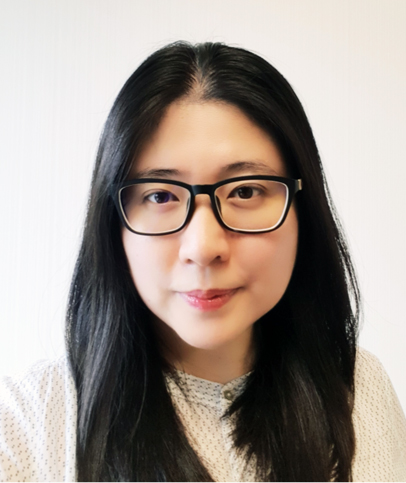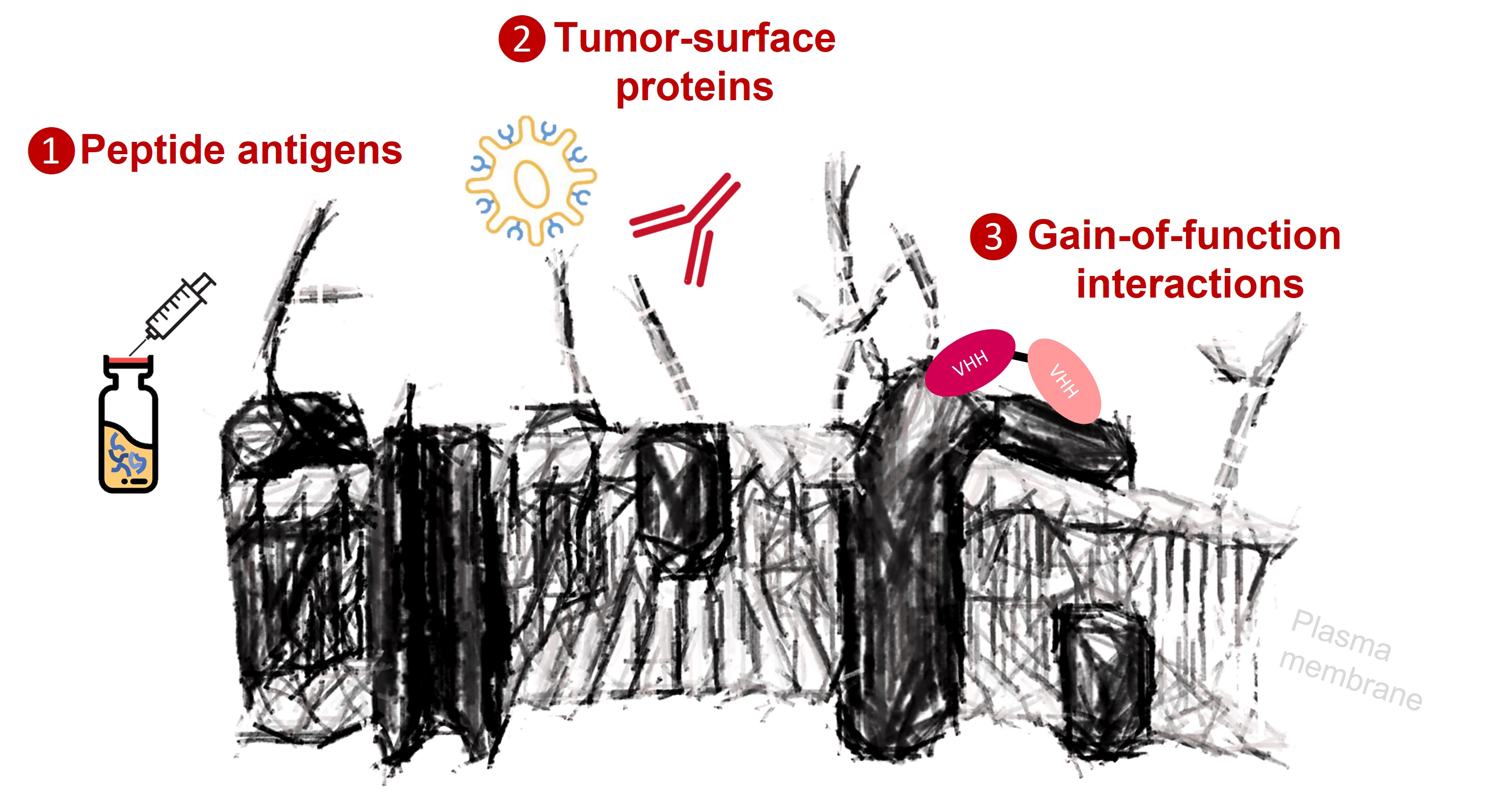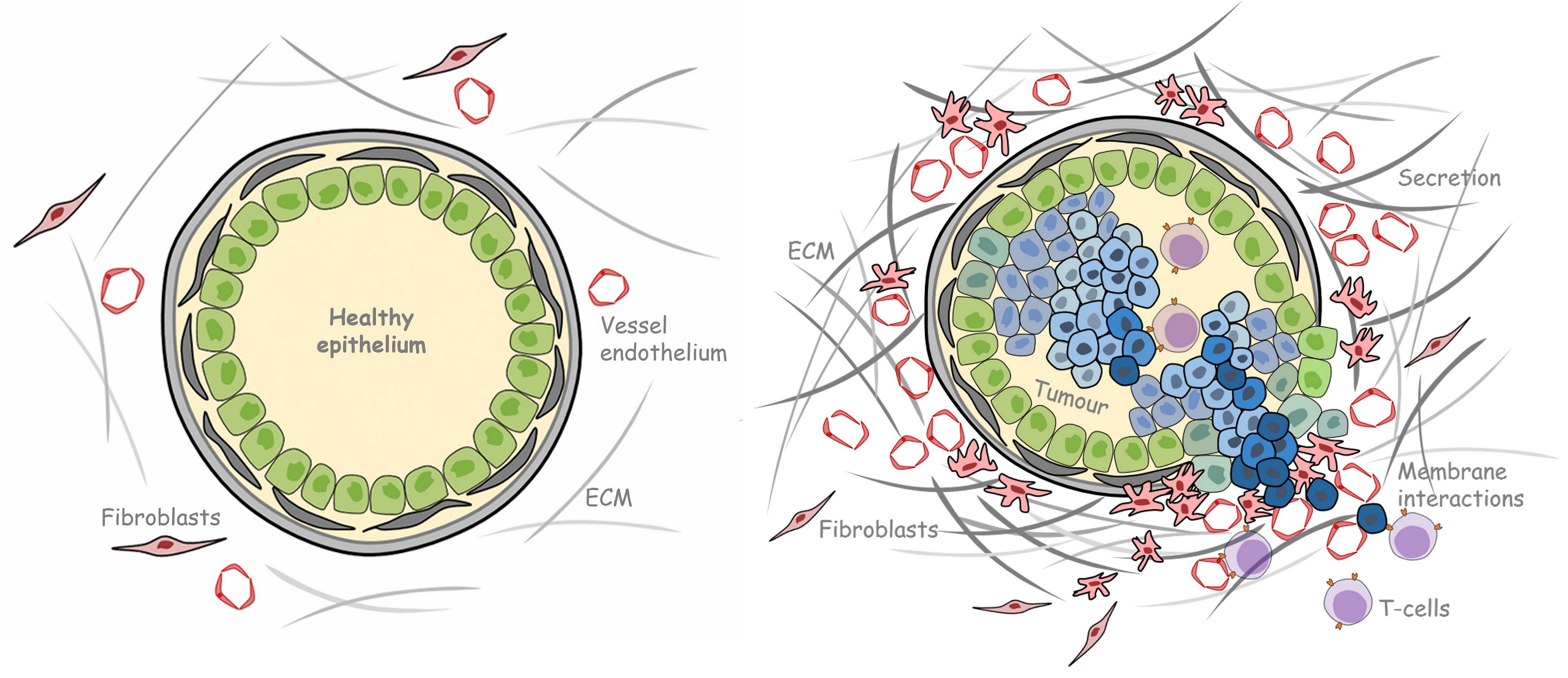
Wei WU
Wu_Wei@a-star.edu.sgBiography
Wei Wu received her PhD from the National University of Singapore in 2014 with dual-training in cancer biology and mass spectrometry (MS). In this period, she was supported by the President’s Graduate Fellowship and was the recipient of three international Young Investigator Awards in Berlin, Yokohama and Beijing, each time showcasing her ability to combine MS technologies with the pursuit of mechanisms in cancer biology. During her postdoc in the Netherlands with world renowned protein scientist Albert Heck, Wei developed diverse and sensitive affinity tools to measure signaling in the tumor micro-environment (TME), and became interested in paracrine impacts mediated through secretion and cell-cell contact. In 2017, she started her group in Utrecht University with a niche in cancer antigen discovery and TME crosstalk, focusing on the extracellular factors needed for immunosurveillance and T cell function. In this period, her extensive collaborations with Dutch scientists in tumor immunology only intensified her interest, in providing mechanistic resolution and technological solutions, towards better immunotherapy and pre-emptive intervention. Since 2021, Wei served as a nominated representative from central Europe in the world Human Proteome Organisation (HUPO) council, and was appointed to the international executive committee of the HUPO Human Immuno-Peptidome Project (HUPO-HIPP). In 2022, she moved back to Singapore to join A*STAR-SIgN, focusing on cancer antigen targeting and understanding tissue microenvironmental crosstalk.
Affiliations
- Associate Professor, Department of Pharmacy, National University of Singapore (joint appointment)
- Associate Professor, Department of Pharmaceutical Sciences, Utrecht University, The Netherlands (visiting)
Research Focus
Cancer antigen targeting
The lab focuses on identification of novel tumor-surface signatures that may be exploited for immunotherapy.
In a three-pronged approach, the goal is to target tumor vulnerabilities and dependencies in antigen presentation, membrane proteins and cell-surface protein-protein interactions, to engineer novel immuno-therapeutic routes. 
By applying hypothesis-free mass spectrometry discovery in novel model systems, recent findings include:
- Rules, adaptations and tools in antigen presentation (JPR, 2021; MCP, 2021; JPR, 2019)
- Personalised peptide antigen discovery and specificities (Nat Comm, 2020; Front Immunol, 2021)
- Vaccine delivery tools (Comm Biol, 2021)
- Immunotherapy targets and T-cell antigens (Nature, 2017; Cell reports 2021)
- Membrane interactome screening (Mol Immunol, 2021)
Tissue microenvironmental crosstalk
Crosstalk between different cell types in the tissue microenvironment is critical in health and disease. The complexity in inter-cellular signaling depends on a myriad of long- and short-range communication channels that may be contact dependent or independent.

By coupling novel affinity tools with ultra-sensitive innovations in mass spectrometry, the goal is to dissect the paracrine influence of different cell types during normal tissue homeostasis, and sustenance of a malignant tumor niche.
Through hypothesis-free screening of secreted cytokines, extracellular vesicles and extracellular matrix components, recent tools and findings in physiology and crosstalk include:
- Click-chemistry tools (Nat Comm, 2020)
- Gut extracellular hormone processing and enzyme specificities (Cell, 2020)
- Fibroblast and tumor reciprocal activation (MCP, 2018)
- Breast cancer stratification from plasma EVs (Comm Biol, 2019)
- Immuno-suppressive TME in neuroblastoma
Lab Members
| Postdoc (Ph.D) | Research Officers | PhD Students / Undergraduate |
|---|---|---|
| Thamizhanban Manoharan | Wei Jin Amanda Crystal LEE | Ilisia Elly OW |
| Justin LOW Jun Ting | Elisavet KALAITSIDOU | |
| MA Ziliang | ||
| Daryl CHIN | ||
| Ruojing LU | ||
| Ragini BHALLA | ||
| Jason WONG Keen Sheng | ||
| Thaddeus CHEE En Zhe | ||
| Weiting ZHAI | ||
Publications
Publications_Wei Wu (last updated 22 September 2025)
A*STAR celebrates International Women's Day

From groundbreaking discoveries to cutting-edge research, our researchers are empowering the next generation of female science, technology, engineering and mathematics (STEM) leaders.
Get inspired by our #WomeninSTEM
